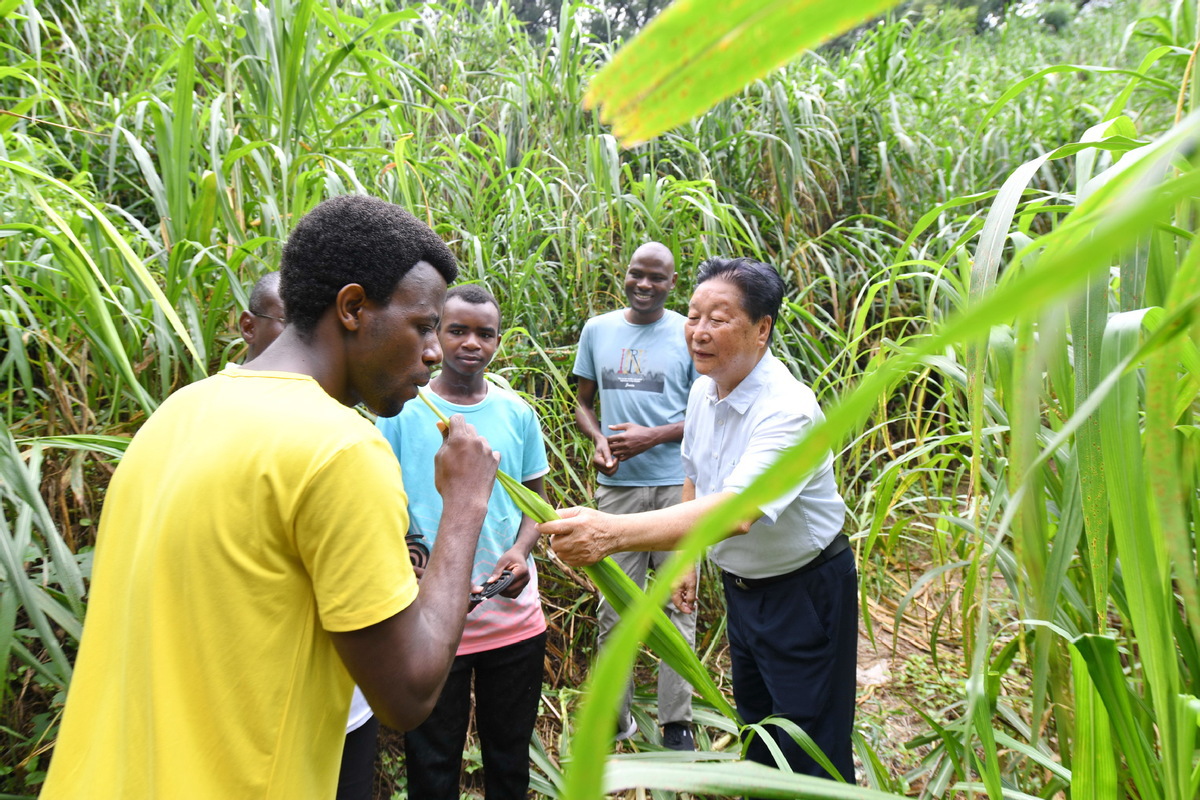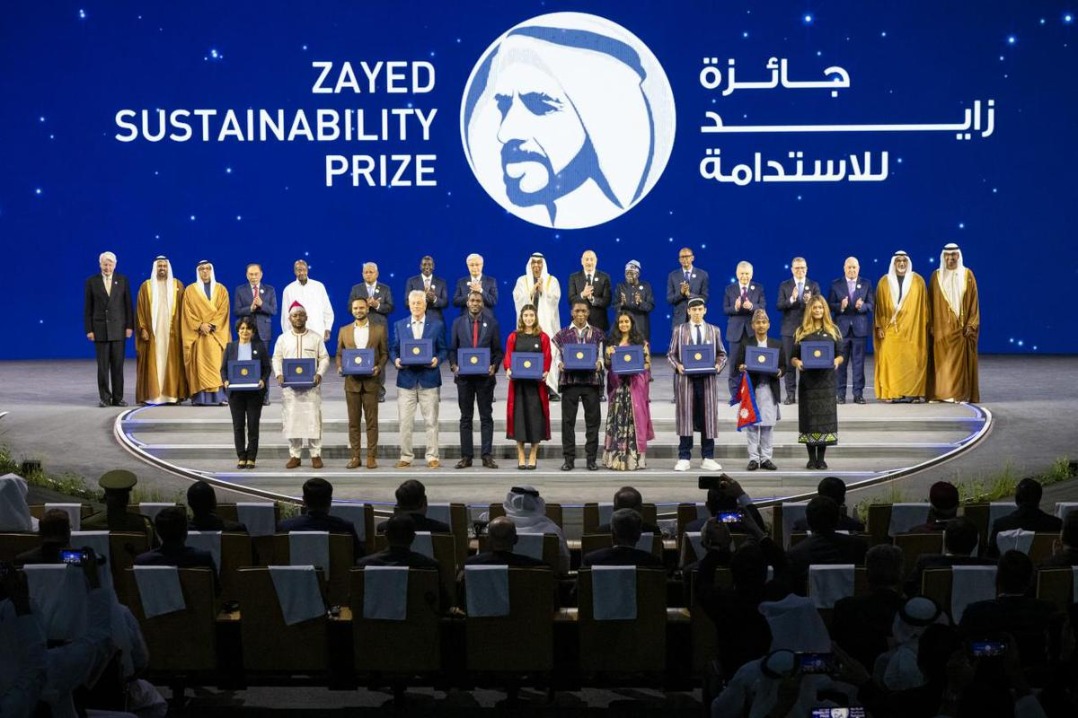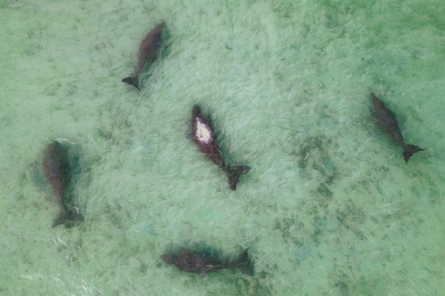Education key plank in collaboration


Since the birth of the Forum on China-Africa Cooperation 21 years ago, higher education cooperation between Africa and China keeps reaching new heights.
Under FOCAC, China has made provisions to support Africa in human development through various programs including education.
China has invited African scholars to Chinese universities to earn higher education degrees, as well as to learn the Chinese language and study China's poverty alleviation programs.
However, China is going a step further by constructing educational and research facilities in African countries to support educational infrastructure on the continent. This collaboration has gone beyond improving education by changing people's lives through research, as seen in the Sino-Africa Joint Research Center, or SAJOREC, at the Jomo Kenyatta University of Agriculture and Technology in Nairobi.
The research center, which was started in collaboration with Wuhan Botanical Garden of the Chinese Academy of Sciences, has enhanced the region's research capacity in sustainable natural resources conservation, biomedicine for universal health, and modern agricultural techniques.
Robert Gituru, associate professor in botany at Jomo Kenyatta and director of the center, said SAJOREC's main achievement has been to promote collaborative research among Kenyan, African and Chinese researchers to develop products and innovations that will help solve problems facing Africans.
Knowledge transfer
Gituru said the collaboration has become more beneficial especially in times of climate change, and the center is focusing on sustainable use and protection of water resources across Africa.
"We intend to establish a ground receiving data station associated with the modern agricultural demonstration zone laboratory with the support of the digital and remote sensing institute of the Chinese Academy of Sciences in Beijing," Gituru said.
"So far, we have managed to conduct research in our modern agricultural demonstration zone where we have transferred knowledge and skills from China to Africa with the purpose of raising crop productivity."
SAJOREC serves as a platform and bridge of scientific cooperation between Chinese and African scientists in a wide range of fields such as wildlife protection, prevention and treatment of desertification, climate change monitoring, and modern agricultural demonstration.
"Over 160 scientists and senior technicians from 13 African countries have been trained through the organization of 15 training courses and seminars," Gituru said.
Gituru also commended the Chinese format of education collaboration by saying it is focused on solving problems in the African continent. He said one of the challenges that Africa has faced in the past is the fact that students go overseas for training, but they end up being trained in fields that are not relevant to the problems back at home.
"Our collaboration with China addresses this because all the students we send to study in China have to come back home to do their research before going back to complete their studies," Gituru said. "By ensuring the research work is done at home, we are able to use the skills acquired to solve local problems."

































